Health and Medicine
Explore Health and Medicine
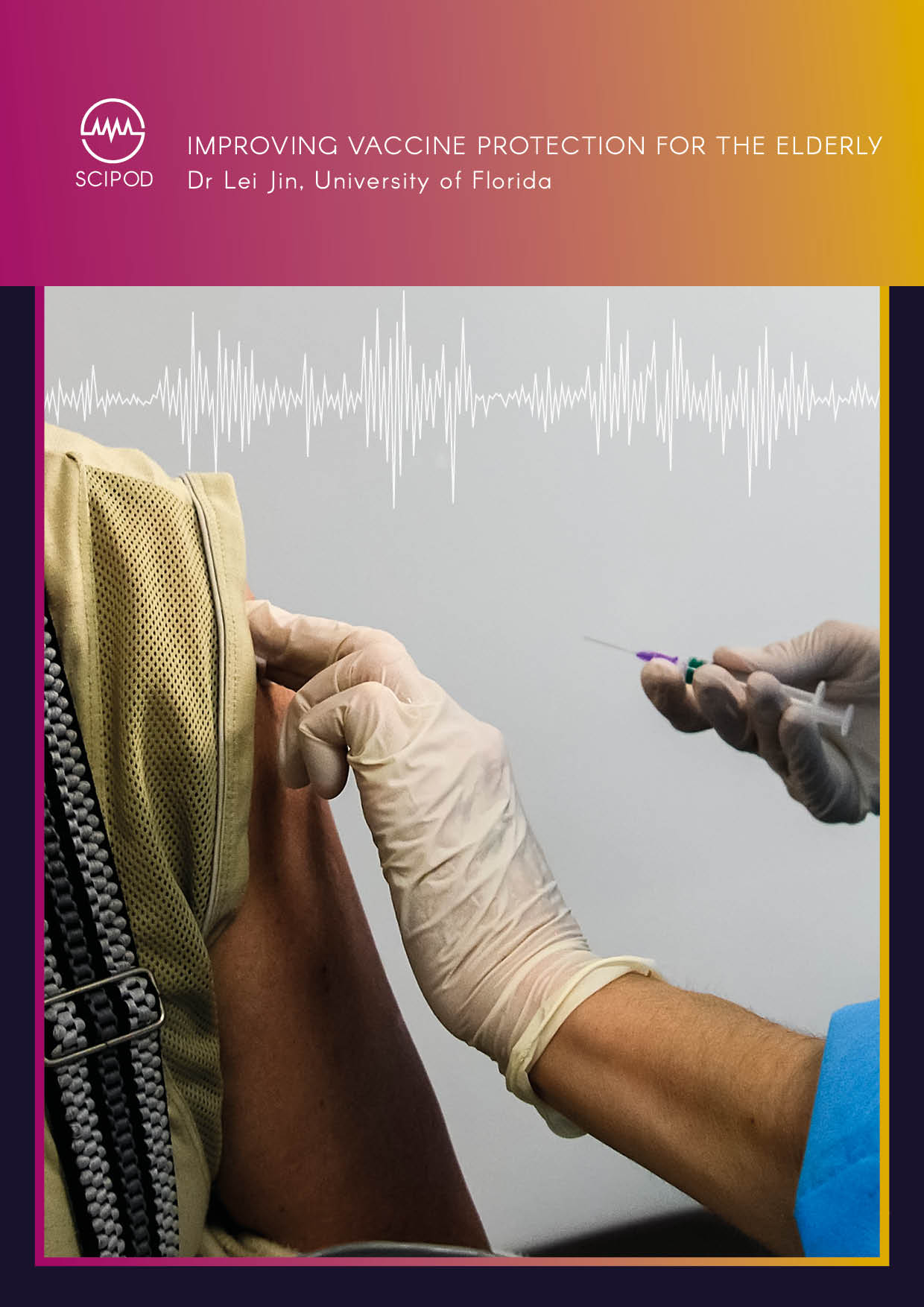
Dr Lei Jin | Improving Vaccine Protection for the Elderly
The greatest challenge for ageing populations is that vaccines can be less protective for the elderly due to the age-related decline of the immune system. This means that improving the efficacy of vaccines in the ageing population is crucial to public health. Dr Lei Jin and colleagues from the University of Florida set out to develop a novel strategy to directly address this key issue.
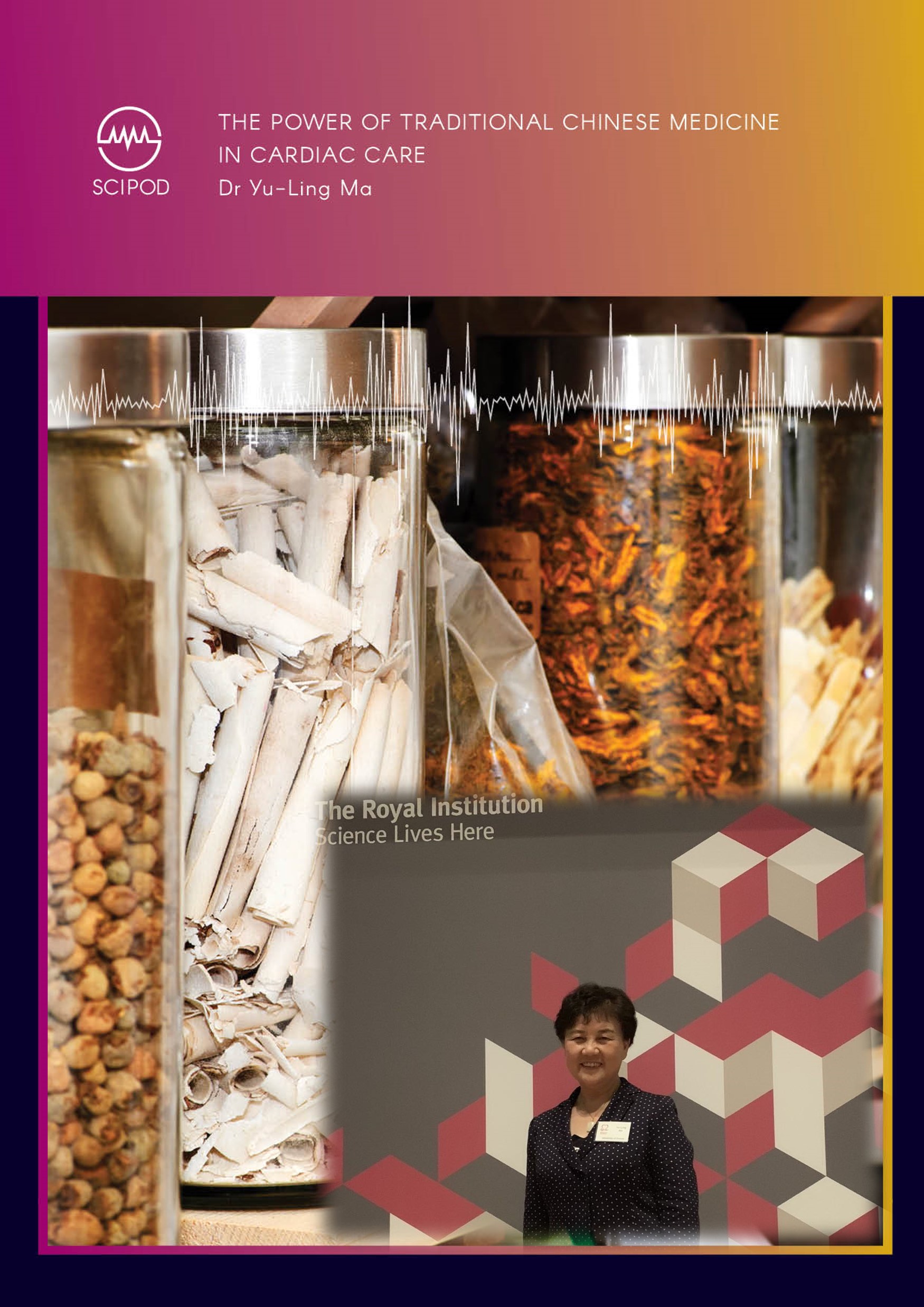
Dr Yu-Ling Ma | The Power of Traditional Chinese Medicine in Cardiac Care
Traditional Chinese Medicine has been used in the treatment of disease for centuries, although its potency is often overlooked by researchers. Dr Yu-Ling Ma and colleagues in the Oxford Chinese Medicine Research Centre at the University of Oxford have focused on a multi-component herbal medicine called Xin Su Ning in the treatment of cardiac arrhythmia to elucidate the mechanism of action and pharmacological properties of its components.
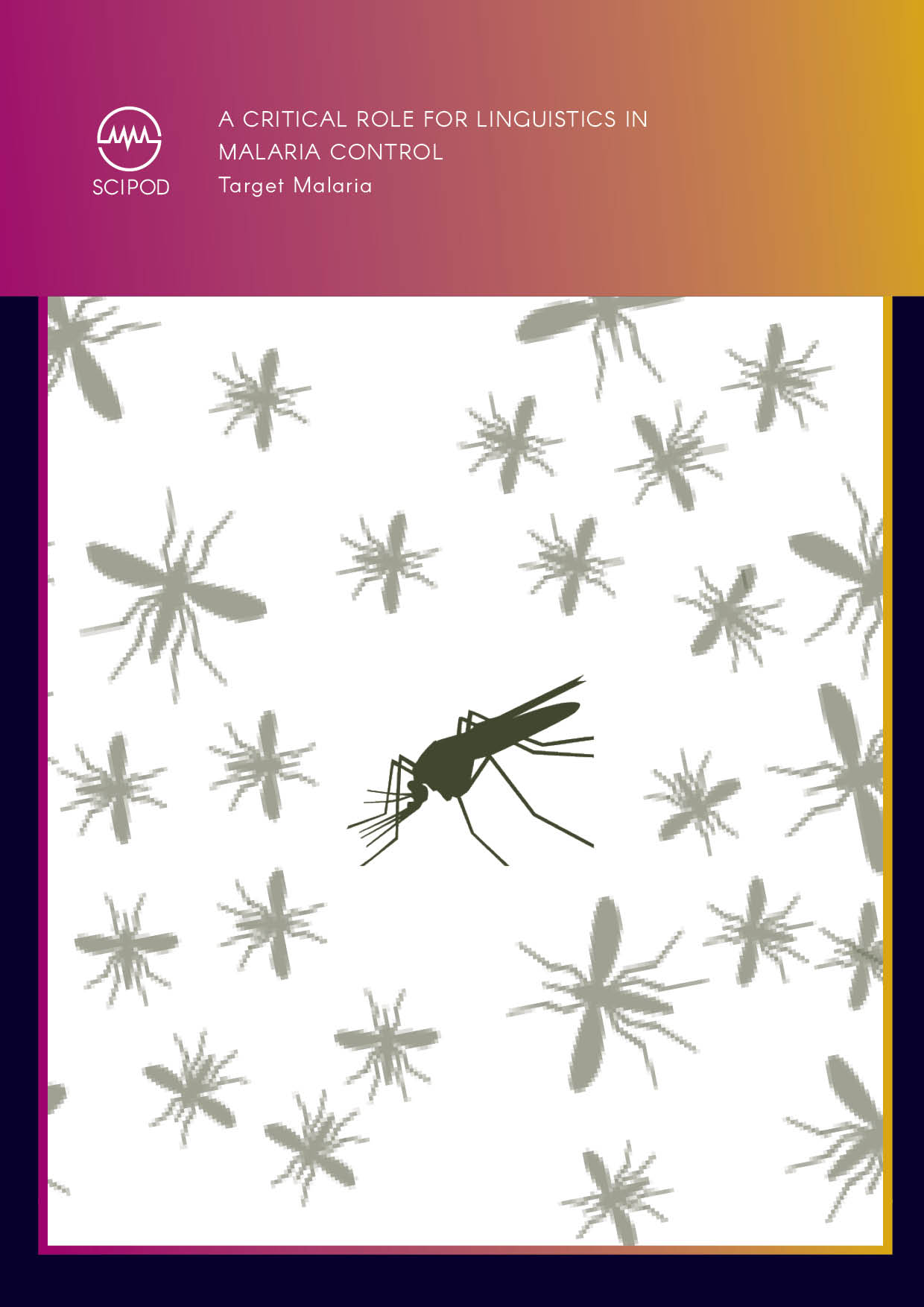
A Critical Role for Linguistics in Malaria Control
The introduction of new research or technologies for public health into a community is often challenging since complex scientific concepts coupled with jargon can cause disengagement and mistrust, whilst language barriers and cultural differences can complicate things further. Target Malaria is a not-for-profit research consortium that aims to develop and share new, cost-effective and sustainable genetic technologies to modify mosquitoes and reduce malaria transmission. Stakeholder engagement is one of Target Malaria’s three pillars. Researchers at Target Malaria co-developed with local communities a common glossary to improve engagement on new genetic approaches for malaria control in Burkina Faso, Mali and Uganda.
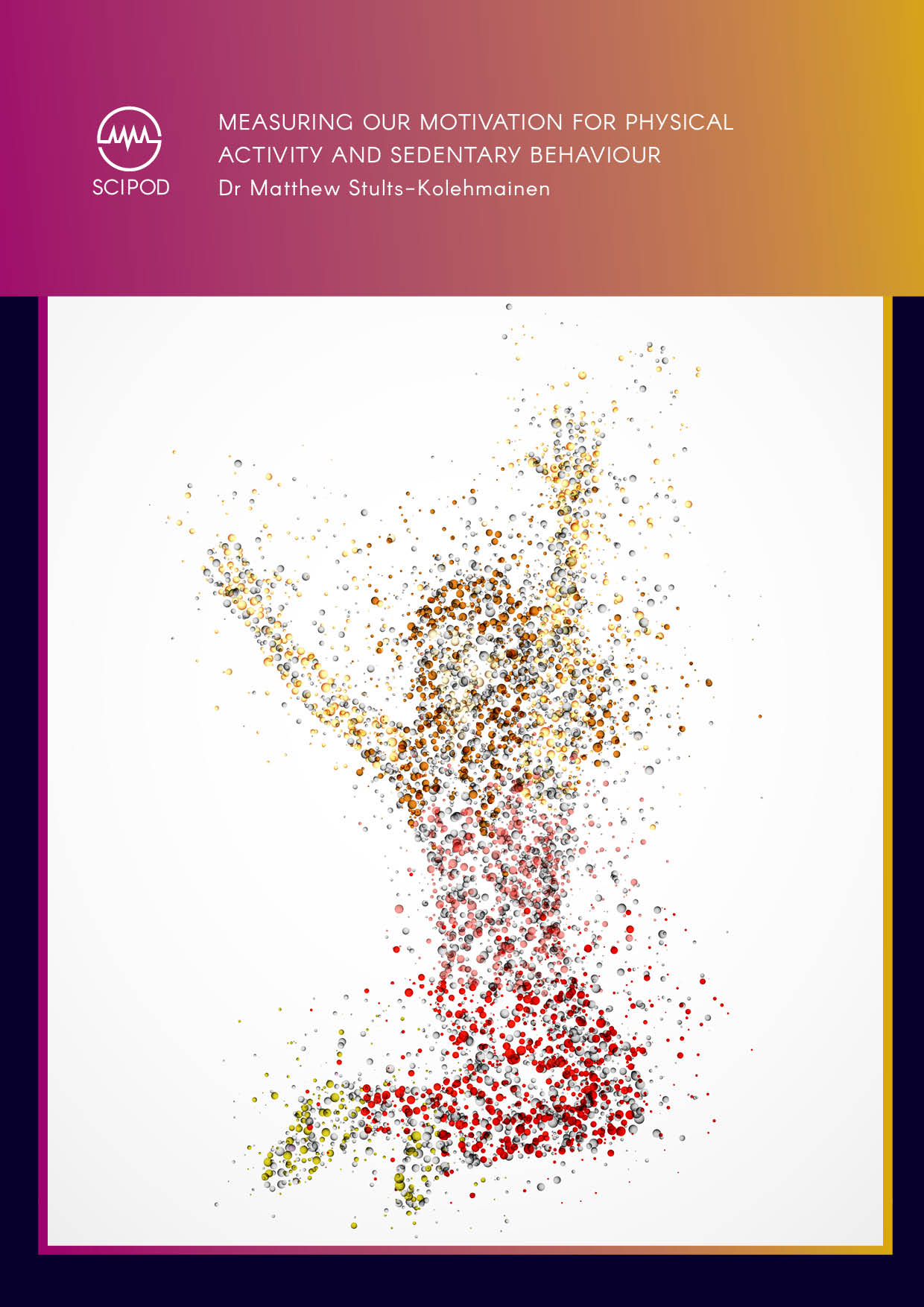
Dr Matthew Stults-Kolehmainen | Measuring our Motivation for Physical Activity and Sedentary Behaviour
Our daily lives involve periods fluctuating between physical activity and sedentary behaviour, but few studies have researched what motivates us to take on these states from one moment to another. Dr Matthew Stults-Kolehmainen at Yale-New Haven Hospital and Columbia University in the USA, has analysed research from a range of scientific fields to assess the role of urges, cravings, wants and desires on our motivation for physical activity, exercise and sedentarism. He has developed a model to explain how these factors interact, as well as a tool to measure the subjective feeling of these states.
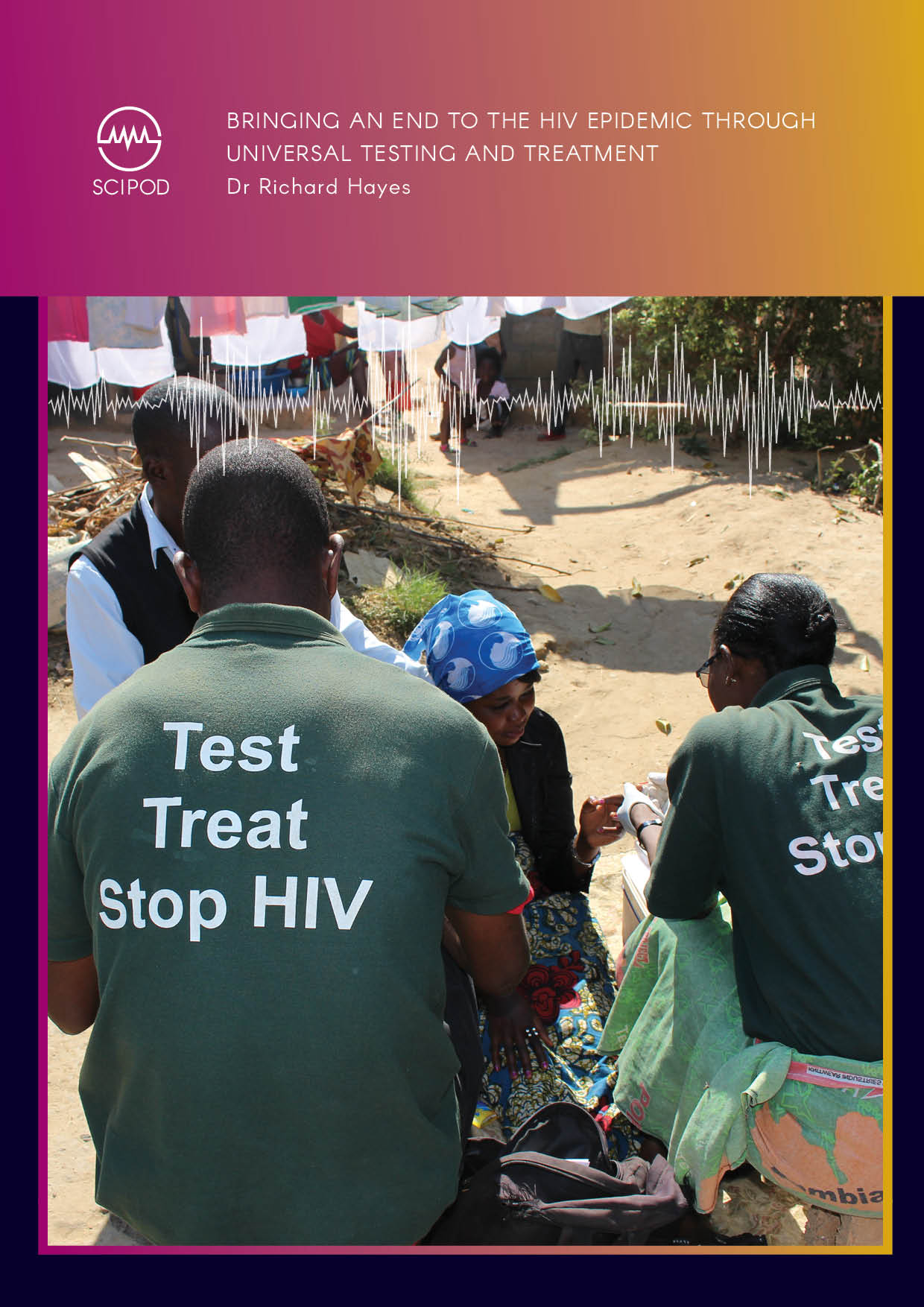
Dr Richard Hayes | Bringing an End to the HIV Epidemic Through Universal Testing and Treatment
Worldwide, an estimated 38 million people are living with HIV. Many are still unaware of their status and so are not linked to care and treatment which can prevent them from passing HIV onto their partners and infants and keep them healthy. Dr Richard Hayes from the London School of Hygiene and Tropical Medicine in the UK has led the HIV Prevention Trials Network’s 071 (PopART) trial over the past ten years. This dedicated international collaboration of experts has successfully demonstrated how universal testing and treatment can reduce new HIV infections in Zambia, South Africa and beyond.
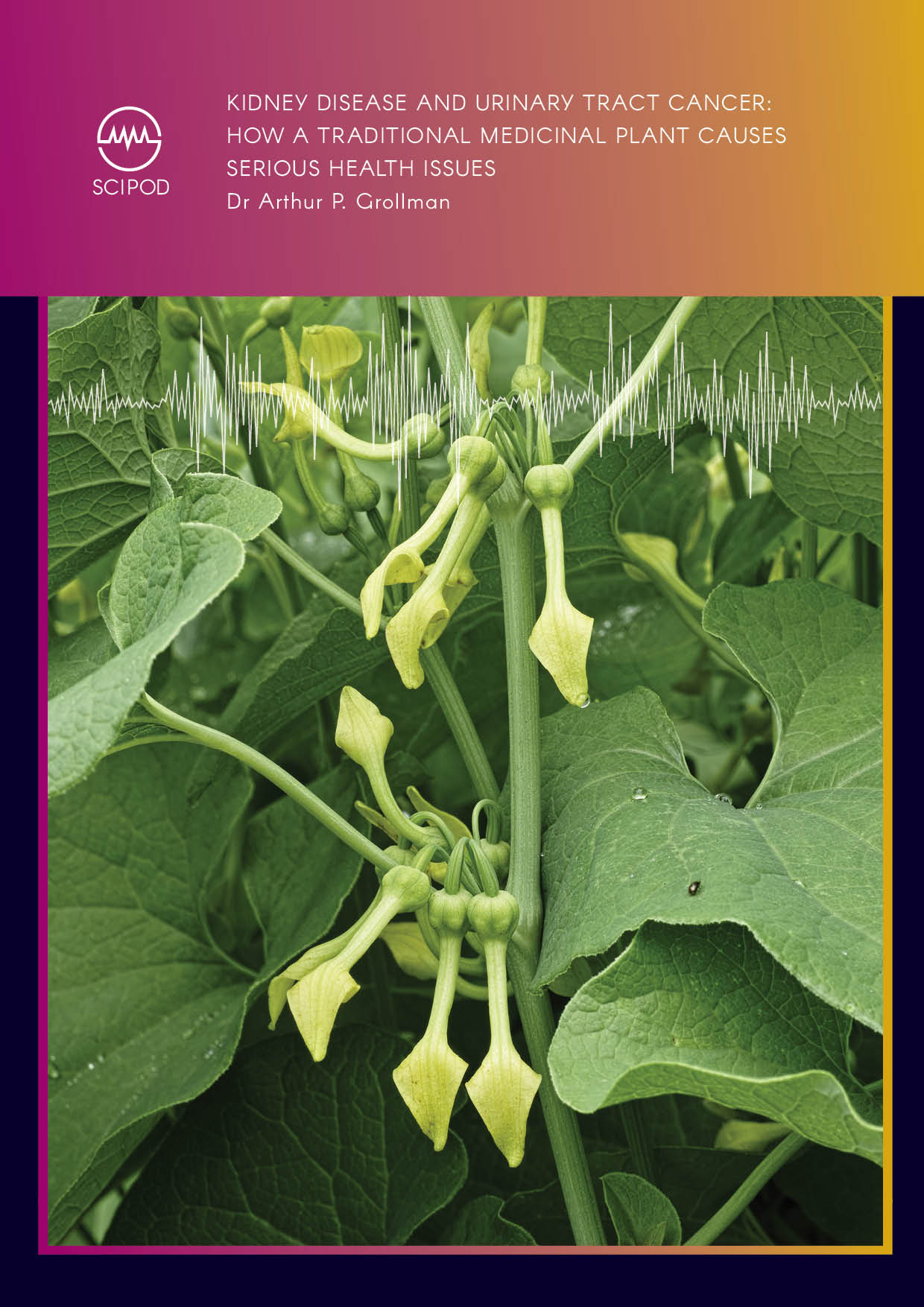
Professor Arthur Grollman | Kidney Disease and Urinary Tract Cancer: How a Traditional Medicinal Plant Causes Serious Health Issues
This is a recounting of a scientific investigation into a mysterious but potentially deadly disease that first came to light principally in the Balkan states, and then several Asian countries. It manifests itself first as a nephropathy resulting in the destruction of kidney tissue often followed by a cancer of the upper urothelial tract. Professors Arthur Grollman and Francis Johnson at Stony Brook University have achieved a revolutionary understanding of the molecular biology, epidemiology and root cause of both diseases. Their findings have critical implications for medical and scientific communities, as well as the general public.
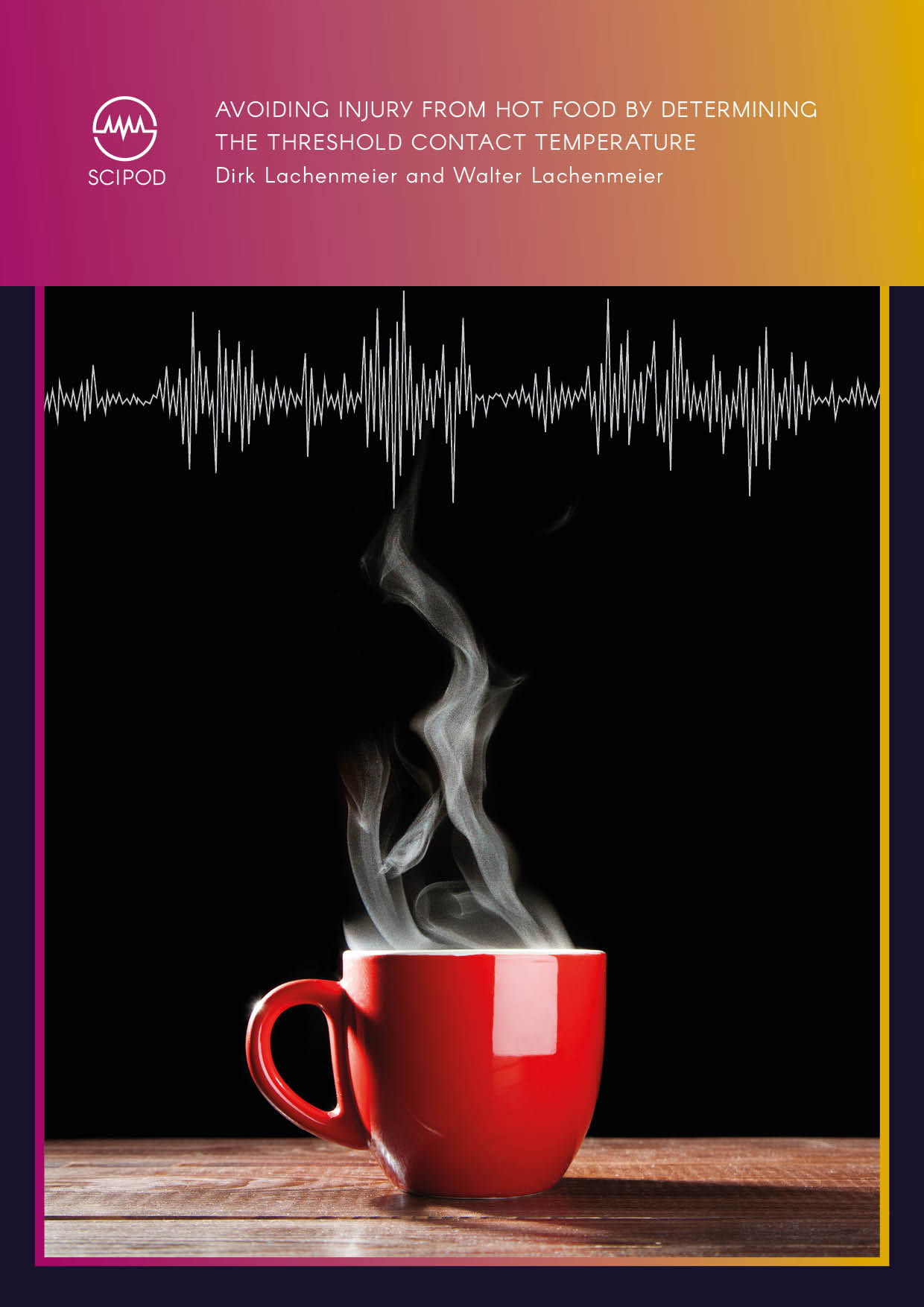
Dr Dirk Lachenmeier | Avoiding Injury from Hot Food by Determining the Threshold Contact Temperature
Consuming very hot food and beverages poses a risk of oesophageal cancer. Although injury thresholds have been specified in industry standards and guidelines, there remain practical limitations in obtaining an exact measurement of the contact temperature from hot foodstuff in the oral mucosa inside the mouth. Dr Dirk Lachenmeier, a chemist and toxicologist at the Chemical and Veterinary Investigation Agency Karlsruhe, worked in collaboration with his father Dr Walter Lachenmeier, a retired engineer, to develop a new method to estimate the safe surface or consumption temperature of hot food. This has allowed them to make important recommendations.
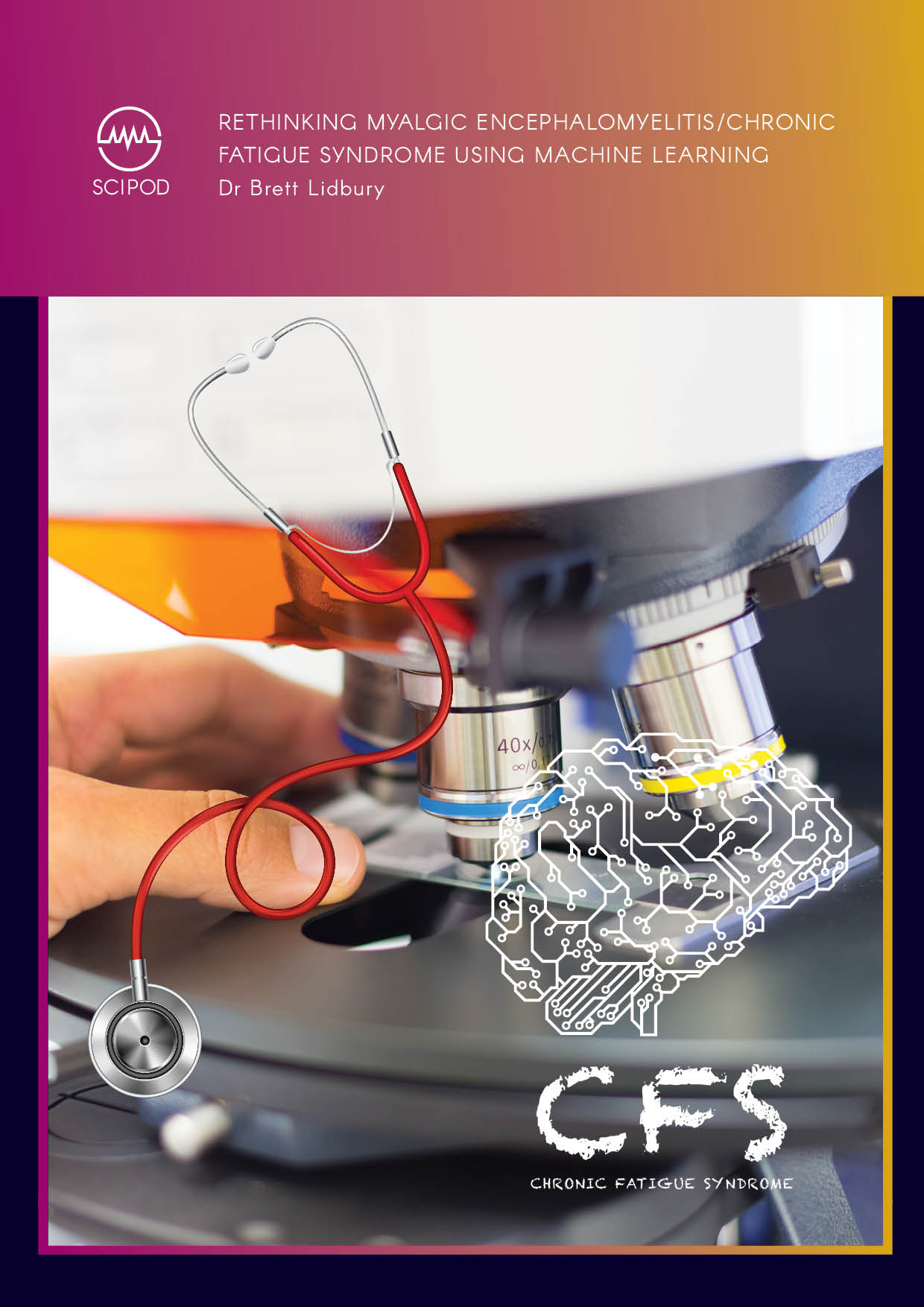
Dr Brett Lidbury | Rethinking Myalgic Encephalomyelitis/Chronic Fatigue Syndrome Using Machine Learning
Dr Brett Lidbury from the Australian National University worked with colleagues to utilise machine learning techniques in a new strategy to identify biomarkers that could be used to help diagnose myalgic encephalomyelitis/chronic fatigue syndrome in patients. Their work represents a significant step forward in understanding, diagnosing and treating this challenging condition, particularly in relation to pathology, the results of which form a routine but important part of general health assessment.
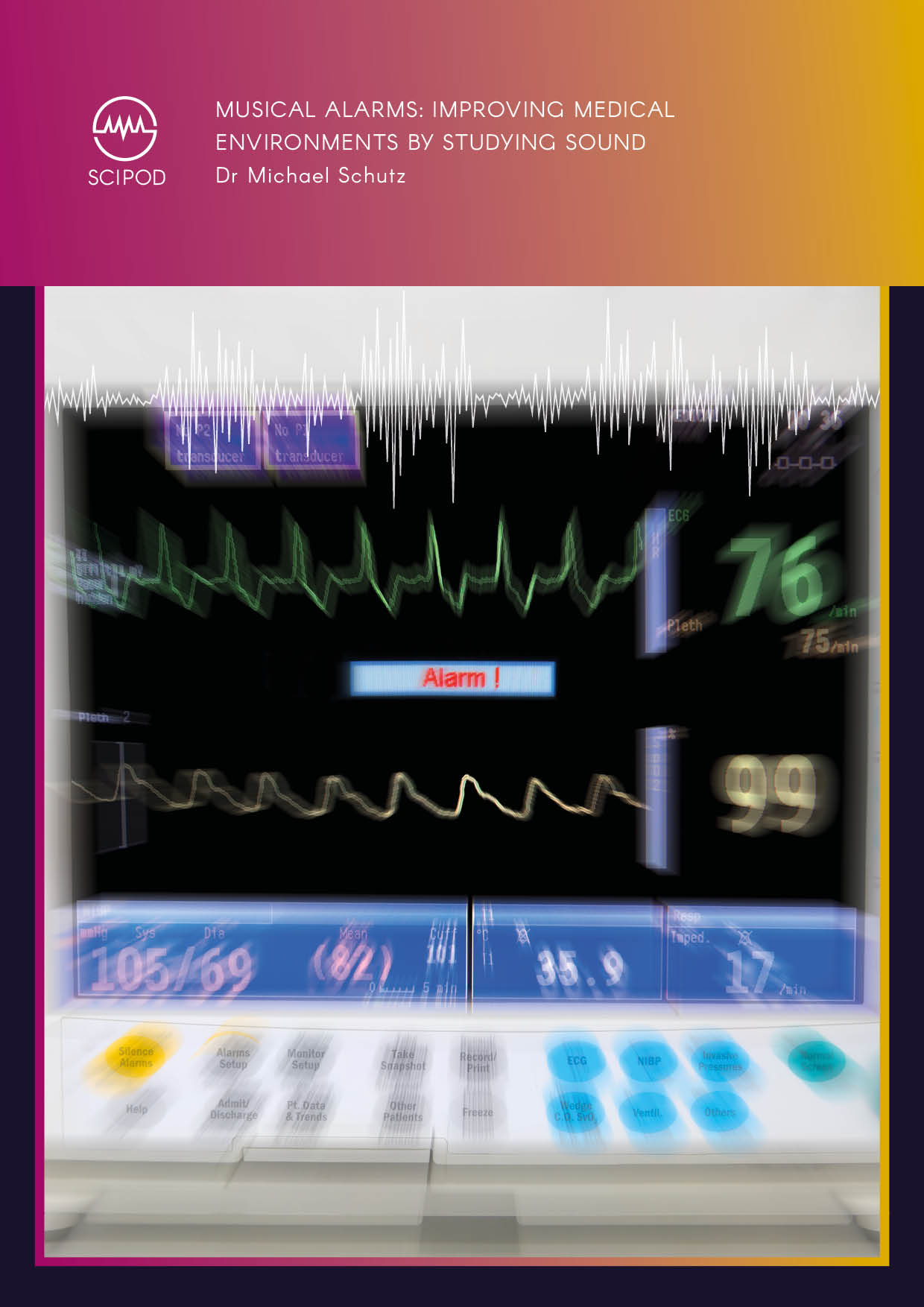
Dr Michael Schutz | Musical Alarms: Improving Medical Environments by Studying Sound
Medical devices in hospitals use auditory interfaces to keep doctors and nurses updated while keeping their eyes focused on patients. These auditory alarms are crucial for complex procedures, such as placing a breathing tube. Unfortunately, the specific sounds used in current systems are highly problematic. The lack of sophistication in these tones render them annoying and distracting, harming communication amongst medical staff and posing risks for patient care. An FDA survey has revealed hundreds of deaths annually resulting from poorly designed alarms! Although there are many ways to improve their use, one solution has received little attention thus far – improving the quality of the sounds themselves.
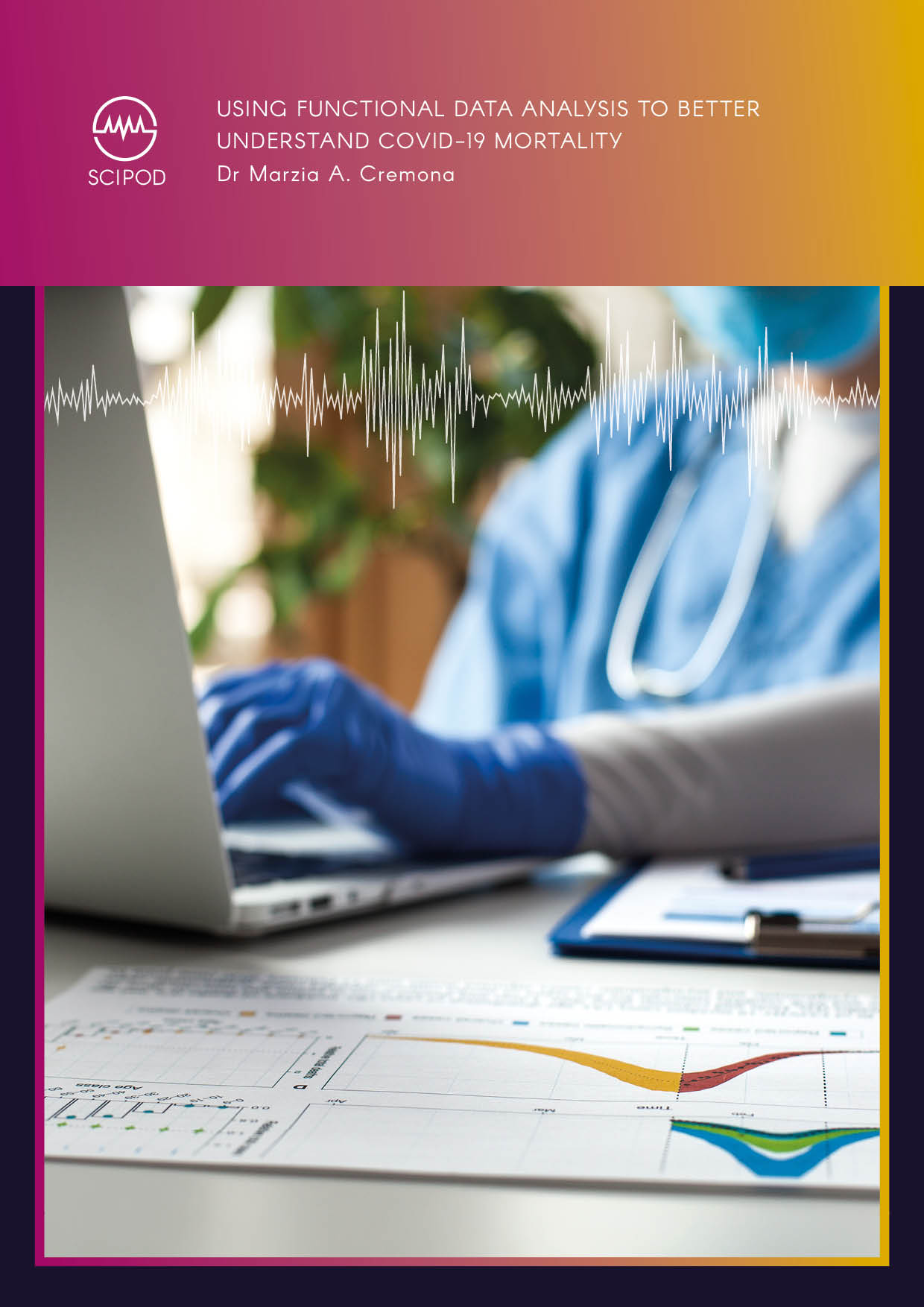
Dr. Marzia Cremona – Using Functional Data Analysis to Better Understand COVID-19 Mortality
Italy was the first European country to experience a major outbreak of COVID-19. Across the country, intriguingly different patterns of mortality were seen across regions. Dr. Marzia Cremona from Université Laval, in collaboration with a global team of researchers from the Pennsylvania State University and the Sant’Anna School of Advanced Studies, used novel statistical tools from the field of functional data analysis (FDA) to identify several important factors contributing to these differences. This work has critical implications for policymaking and also demonstrates the useful application of FDA techniques to epidemiological research.

Dr Gabrielle Gold-von Simson | The Biomedical Entrepreneurship Skills Development Program (BEEP): Educating a New Generation of Medical Innovators
Innovative, new technologies are rapidly being introduced into the medical world, as scientists and inventors continually discover solutions to all kinds of health issues. However, comprehensive education in medical product development, business process and strategy is distinctly lacking for science students who aspire to become commercial medical innovators and entrepreneurs. Entrepreneurially minded professionals at the New York University Grossman School of Medicine developed, implemented, and integrated programs to train early scientists in the business side of science to accelerate the pace of commercialisation and encourage individuals to pursue venture creation and entrepreneurship to impact highly relevant healthcare solutions.
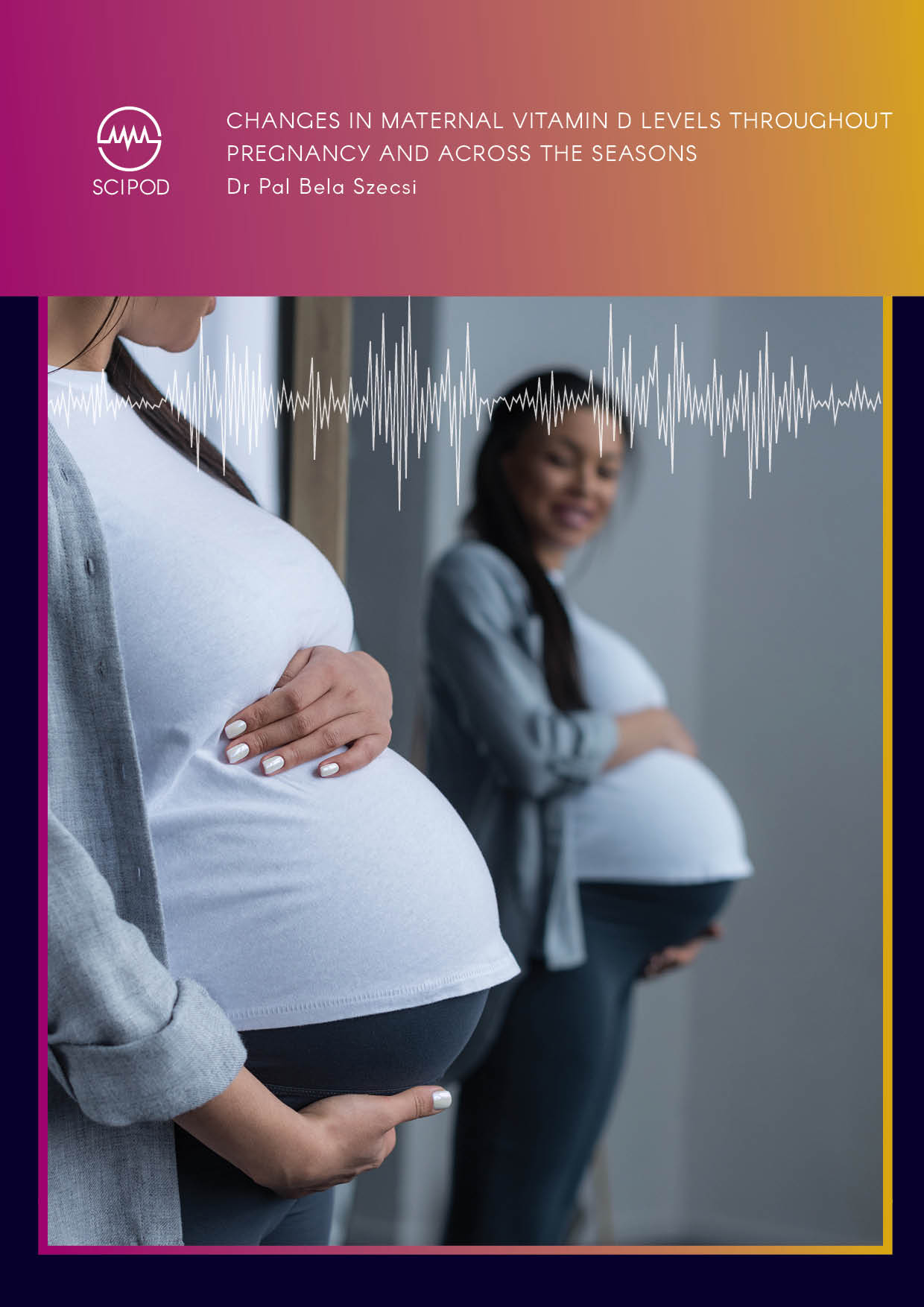
Dr Pal Bela Szecsi | Changes in Maternal Vitamin D Levels Throughout Pregnancy and Across the Seasons
Maternal nutrition plays a major role in reducing pregnancy complications and improving infant and child health. Vitamin D is important during pregnancy as it helps the baby’s heart, bones, teeth and nervous system develop properly. Low levels of vitamin D in pregnancy have been linked to a number of problems and conditions. Dr Pal Bela Szecsi and his team at Copenhagen University Hospital in Denmark have been investigating vitamin D concentrations throughout normal pregnancy and in relation to possible complications.
Increase The Impact Of Your Research!
Explore partnership opportunities
Unwind without the hassle. Enjoy fresh audiobooks, delivered free!
